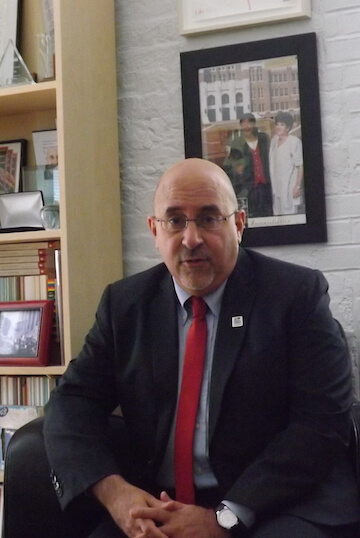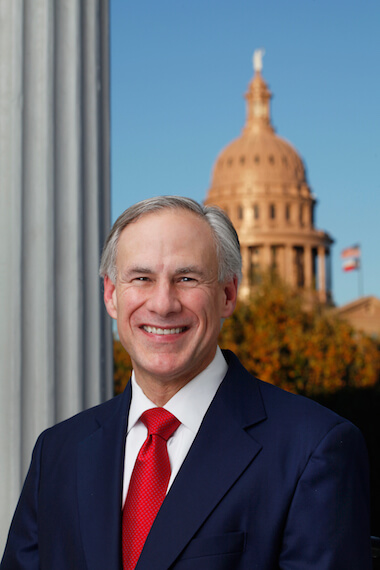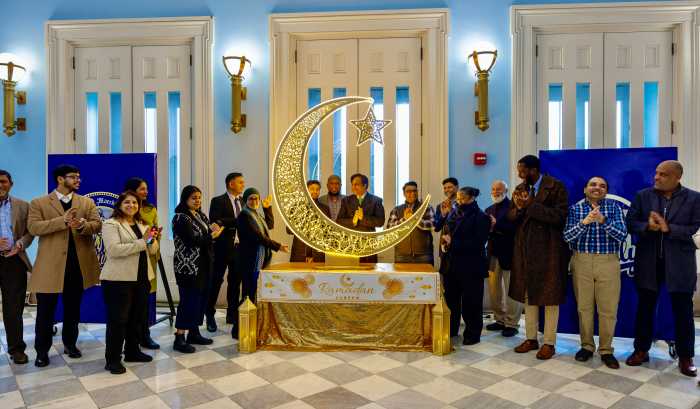Evan Wolfson in his office at Freedom to Marry in Manhattan on decision day. | GAY CITY NEWS
BY DUNCAN OSBORNE | For Evan Wolfson, the US Supreme Court decision that required every state to issue marriage licenses to same-sex couples and to recognize the marriage licenses issued to such couples from other states capped decades of work.
“This is the culmination of more than four decades of our movement’s work, more than 32 years of my work, and a smart, strong strategy that we pulled together over the last several years to drive to victory,” the founder and president of Freedom to Marry told Gay City News on June 26, the day the court released its 5-4 decision.
Between appearances on MSNBC and NPR, Wolfson took 30 minutes to discuss his decades of advocating for marriage, arguing about marriage, and working to make marriage equality a reality in the US.
Evan Wolfson always believed, yet still was brought to tears by historic marriage ruling
“I couldn’t stop crying periodically reading the opinion,” he said of the decision, which was authored by Justice Anthony Kennedy. “It was such a powerful recognition of the importance of our inclusion, the importance of our dignity, the importance of our freedom and equality.”
Wolfson’s first foray into the campaign came in 1983 when he authored a thesis arguing for marriage while a law student at Harvard. He joined Lambda Legal in 1989 and was among those who advocated that the LGBT rights group join a 1991 lawsuit brought by three same-sex couples in Hawaii’s state courts that sought the right to marry. An initial win in court was reversed by a ballot initiative and the State Legislature.
“When Hawaii offered the hope that we could win, despite some of the reservations, the resistance of some of the activists, the grassroots responded with tremendous energy and that energy… [was] the engine of change,” Wolfson said.
Hawaii changed its law again in 2013 to allow same-sex couples to wed. Prior to Hawaii, there had been earlier efforts at winning marriage.
“Clearly, I wasn’t the first,” said Wolfson, who is 58. “Within three years of Stonewall, there were at least three major court cases brought by couples in different states, one of which reached the Supreme Court. All of these cases were rubber-stamped away. When the Supreme Court ruled in the Minnesota marriage case in a ruling in 1972, they didn’t even bother to write an opinion. I’m not even sure they wrote a sentence.”
The first evidence that there was widespread grassroots support for pursuing marriage came in 1987 during that year’s March on Washington, when 2,000 same-sex couples married in a mass wedding at the headquarters of the Internal Revenue Service. The “movement leaders” had been discussing marriage among themselves.
“We debated marriage constantly, mostly as I was pushing for it and getting slammed by many of those colleagues,” Wolfson said. “Of all the things we kicked around and debated and argued over during those very intense years, marriage was by far the most contentious, the most difficult… And then we did begin taking it into the public arena.”
Other evidence of the desire for acknowledgement of same-sex relationships came during the ‘80s in the demand for civil unions and domestic partnerships, forms of recognition that were eventually rejected in favor of marriage.
“I was not surprised by the reaction from the grassroots,” Wolfson said. “I was a little surprised and sometimes frustrated by the duration and repetition of the resistance on the part of some of my colleagues and much of the academic world.”
There were disagreements over ideology, with some arguing that domestic partnerships, for example, offered the benefits of marriage to more than just couples. The strategy arguments were inevitably over timing. Marriage won because of its central role in American society.
Created in 2003 to win marriage, Freedom to Marry will now begin to shut down its operations.
“Freedom to Marry has now achieved the goal this campaign was created to secure and over a period of months we will engage in a smart and strategic wind-down,” Wolfson said. “The work of this campaign is achieved, but the work of the movement is far from over.”
That other work of the movement –– among other concerns, enacting comprehensive anti-discrimination laws in states and the federal government –– may get a boost from the marriage decision.
“It really signals to other courts and other officials across the country that the time of the gay exception is over,” Wolfson said. “It is time to treat gay people with full dignity and respect under the law.”
While conservatives in some states have signaled their intent to continue to resist marriage, it is not at all clear that they can do that or that they will do that. Wolfson does not believe that they will.
“I think that the country will embrace this and move forward,” he said. “I think that the overwhelming majority of public officials will follow the law… There may be some acting out, there may be some foot dragging, and we will deal with it.”





































